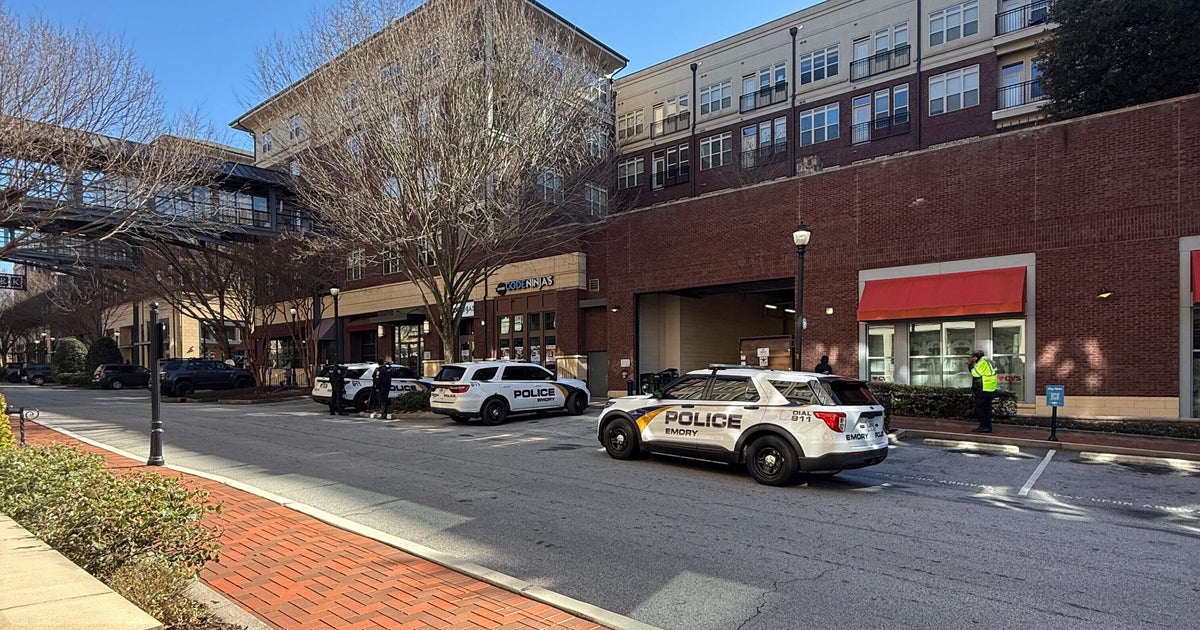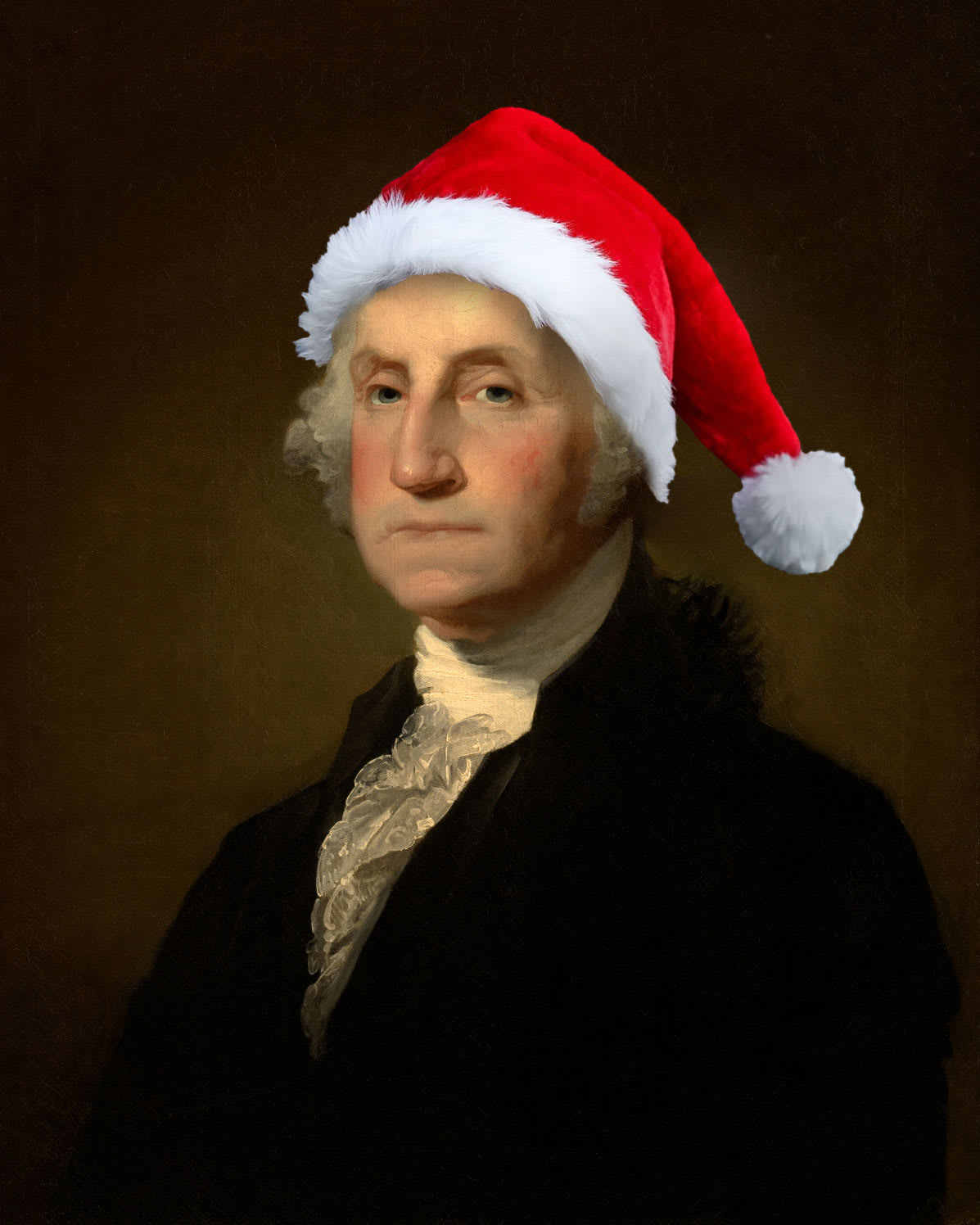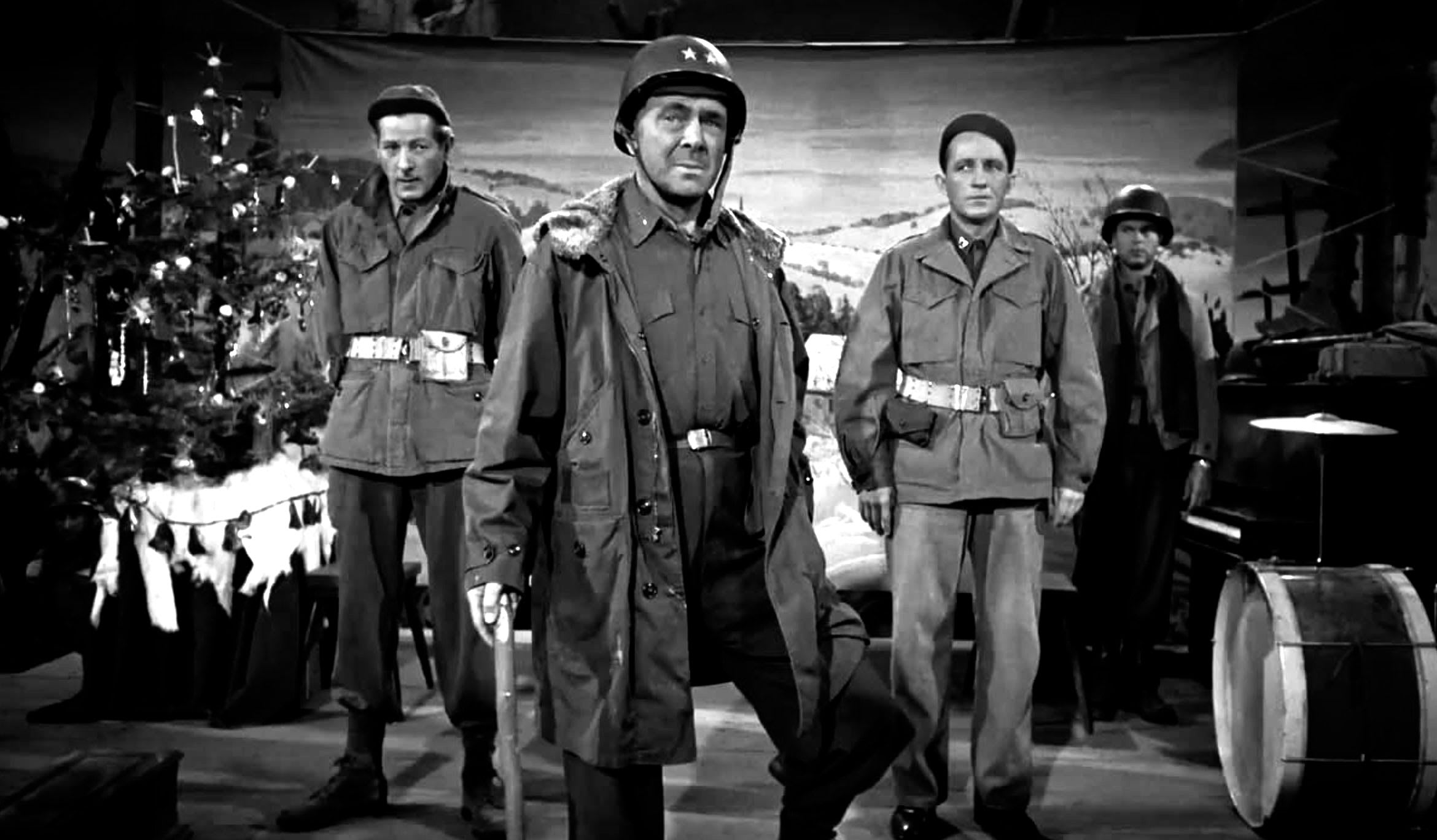Fauci says it's "too soon to tell" whether Americans should avoid gathering for Christmas
Washington — Dr. Anthony Fauci, chief medical adviser to President Biden, said Sunday it's too early to say whether Americans should avoid larger family gatherings for Christmas, while the nation experiences an uptick in new COVID-19 infections among children alongside lagging vaccination rates.
In an interview with "Face the Nation," Fauci said it's "just too soon to tell" whether holiday gatherings should be limited for the second year in a row due to the ongoing pandemic, but said Americans need to focus on lowering the number of new infections and hospitalizations.
"We've just got to concentrate on continuing to get those numbers down and not try to jump ahead by weeks or months and say what we're going to do at a particular time," Fauci told "Face the Nation. "Let's focus like a laser on continuing to get those cases down. And we can do it by people getting vaccinated and also in the situation where boosters are appropriate to get people boosted."
The country hit another grim milestone in the coronavirus pandemic, surpassing 700,000 deaths from COVID-19 on Friday. But the surge of new cases, hospitalizations and deaths driven by the highly contagious Delta variant appears to be slowing.
Fauci, the director of the National Institute of Allergy and Infectious Diseases, warned the turnaround should not make Americans complacent or lead to a plateau in vaccination rates among those who are eligible.
"If you look at the history ... of the different surges we've had, it's come up, start to come down and then all of a sudden boom, come back up again," he said. "As it's coming down, we have within our capability, we can make this happen. Namely go down to a very, very low level, with vaccination and with mitigation."
Americans over the age of 12 are eligible for coronavirus vaccines, and 65.2% of that population are fully vaccinated, according to the Centers for Disease Control and Prevention. But vaccination rates nationally are lowest for adolescents between 12 and 17, even though cases have risen among children.
To ensure the safety of students, who returned for in-person learning with the start of the new school year, California became the first state to mandate COVID-19 vaccines for students and staff.
Fauci said he agrees with the new requirement from Governor Gavin Newsom, a Democrat, and noted that vaccine mandates for children in public schools have existed for years.
"People need to realize that having a vaccine requirement for schools is not a new, novel thing that is very peculiar or specific to COVID-19. We've been doing this for decades," he said. "My own children could not have gone to school if they had not gotten vaccinated with the measles, mumps and rubella. So when we see pushback on that, it's as if this never happened before. It's actually ongoing with other vaccines. So, let's do it with a virus that's very, very serious."
While California is the only state so far to require COVID-19 vaccines for students, certain businesses have begun to impose their own mandates. President Biden last month said he would be directing the Department of Labor to develop a rule that requires employers with at least 100 workers to mandate vaccines or submit employees to weekly testing, but details have not yet been made public.
Still, Fauci said local groups, universities and businesses are imposing their own mandates absent the federal requirement.
"When you tell people that there are alternatives that if you do not want to get vaccinated, you're not going to work or you're not going to be able to go to school, I think that the emergent nature of what we're dealing with actually does justify that," he said.





